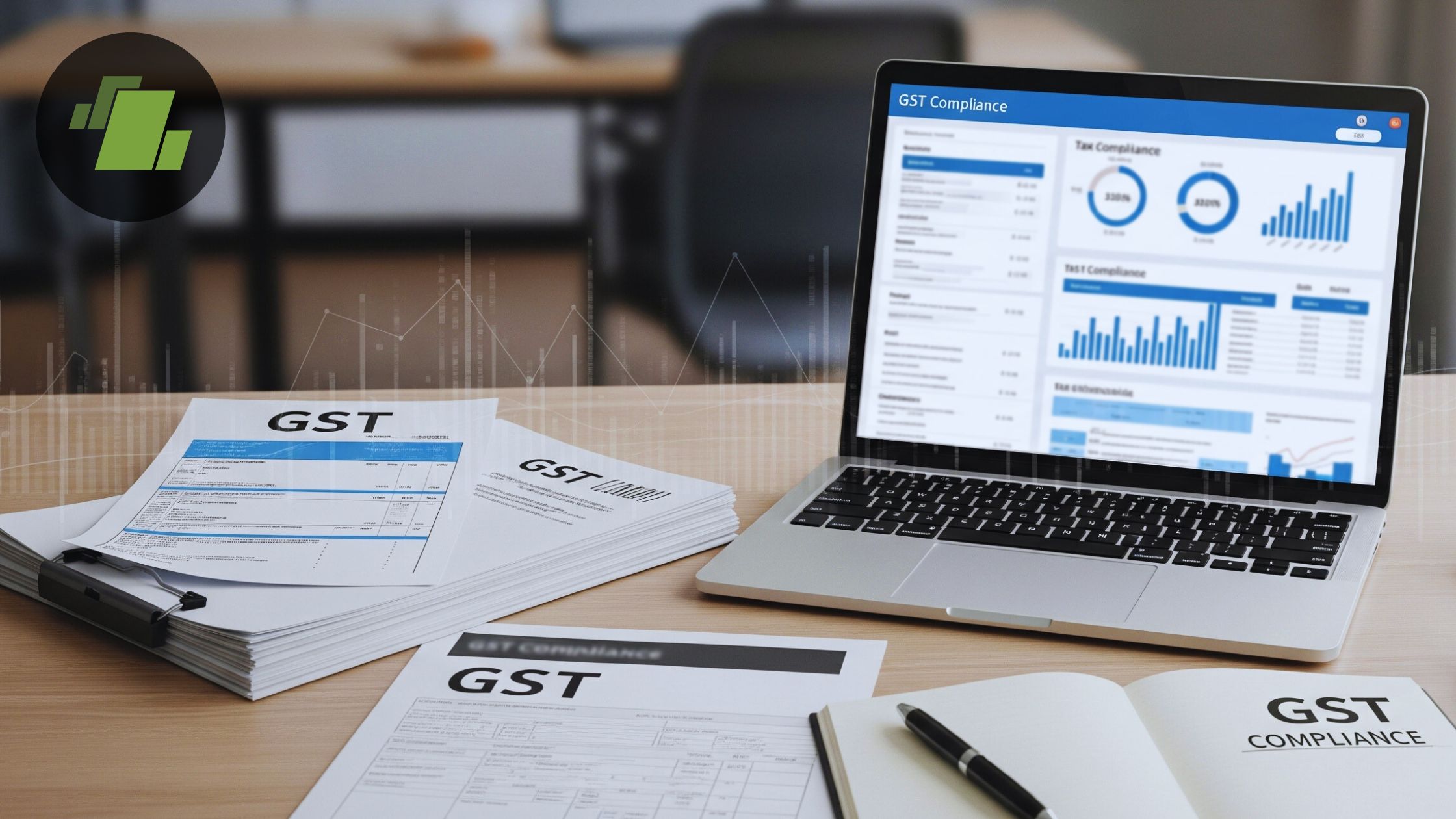56th GST Council Meeting: Key Highlights and How LOGIC ERP Simplifies GST Compliance


Introduction
The 56th GST Council Meeting introduced several important updates impacting SMEs, traders, exporters, and accountants across India. Each Council meeting brings policy changes that influence billing, compliance, and taxation, and this session was no exception. The focus remained on simplification, clarity, and easing compliance for businesses of all sizes.
The GST Council, chaired by the Union Finance Minister and including state finance ministers, regularly reviews GST laws and addresses sector-specific concerns. Even minor adjustments can impact how businesses issue invoices, maintain records, or manage tax returns.
The 56th meeting continued this trend by simplifying compliance requirements, easing cash flow pressures, and encouraging businesses to adopt digital solutions.
Key Highlights of the 56th GST Council Meeting
Support for SMEs
Threshold levels for GST registration were revised to reduce compliance obligations for micro and small businesses.
Simplified Returns Filing
Pre-calculated returns were introduced to reduce errors and streamline filing.
Sector-Specific Relief
Rationalisation of GST rates in FMCG, textiles, and hospitality sectors.
Benefits for Exporters
Faster IGST refunds were announced, improving working capital management.
Digital Push for Compliance
The Council emphasised cloud-based GST billing software to ensure accuracy and better record-keeping.
E-way Bill Relaxations
Exemptions introduced for specific goods, reducing documentation needs for logistics.
Compliance Policy Changes
Penalties for minor invoice mismatches have been reduced, lowering the financial burden on businesses.
Business Implications
- SMEs: Reduced compliance load through higher registration thresholds.
- Exporters: Improved liquidity with faster refunds and smoother IGST processes.
- Retailers & Service Providers: Simplified rate structures and improved digital compliance.
- Accountants: Faster filings with pre-filled return options and fewer mismatches.
Role of Technology in GST Compliance
As GST policies evolve, manual processes have become increasingly inefficient and error-prone. The shift towards digital compliance makes robust technology platforms essential for business continuity.
LOGIC ERP provides businesses with the tools to remain compliant and efficient:
- Automated GST billing, return filing, and compliance.
- Reduced reliance on manual calculations.
- On-demand financial reports for informed decision-making.
- Reliable compliance management for SMEs, traders, exporters, and service providers.
With LOGIC ERP, businesses not only meet GST requirements but also enhance accuracy, save time, and improve operational efficiency.
Conclusion
The 56th GST Council Meeting once again highlighted the direct impact of policy changes on businesses across India. By raising registration thresholds, simplifying return filing, and ensuring faster refunds, the Council aims to reduce the compliance burden while encouraging digital adoption.
LOGIC ERP software supports this transition by offering a complete solution for billing, GST filing, and financial reporting. With reliable tools in place, businesses can remain compliant, minimise risks, and focus on growth with confidence.
Call at +91-73411-41176 or send us an email at sales@logicerp.com to book a free demo today!




